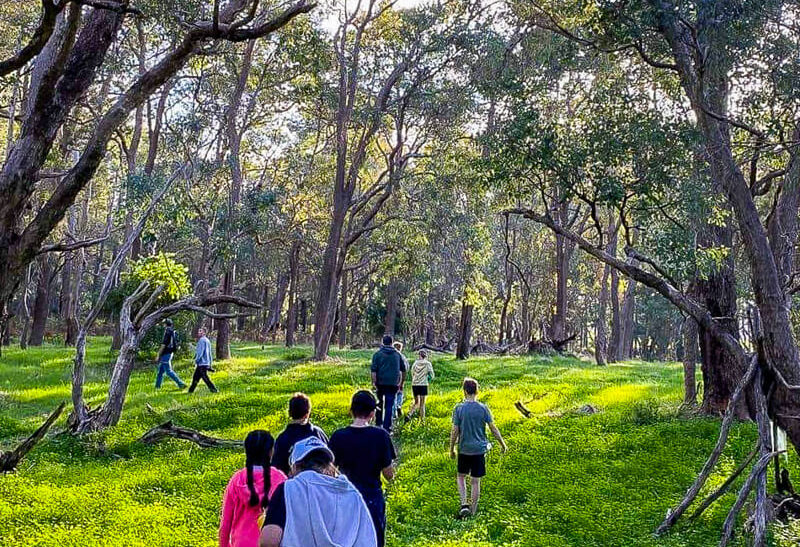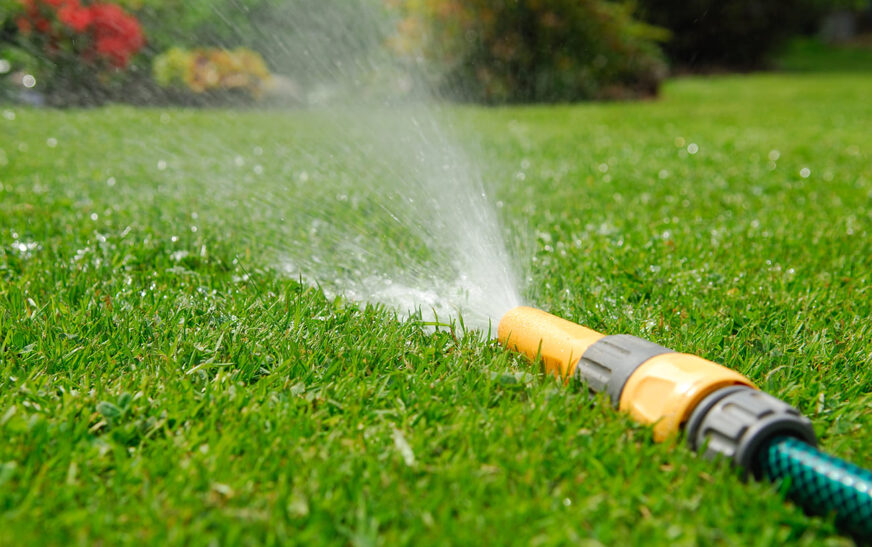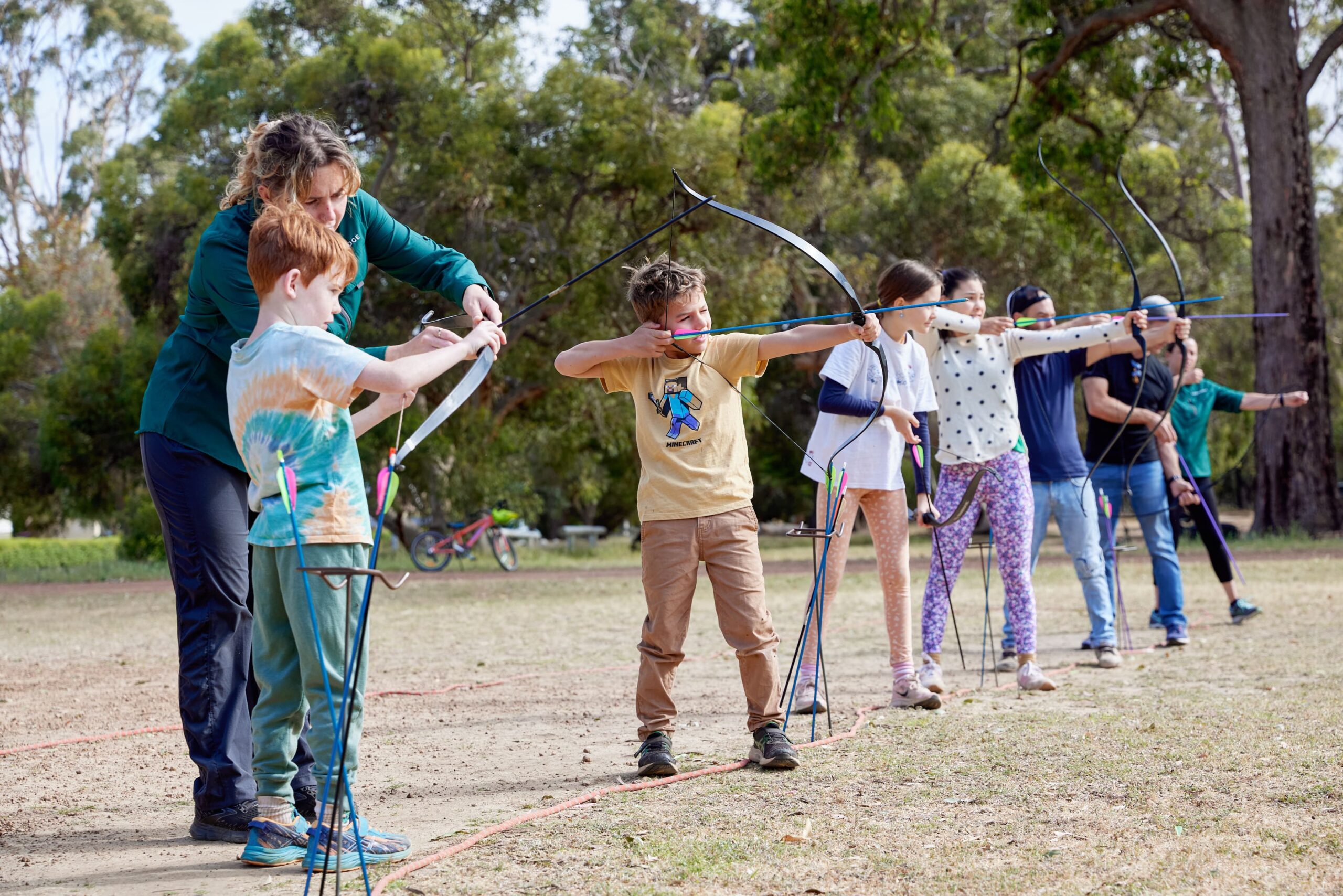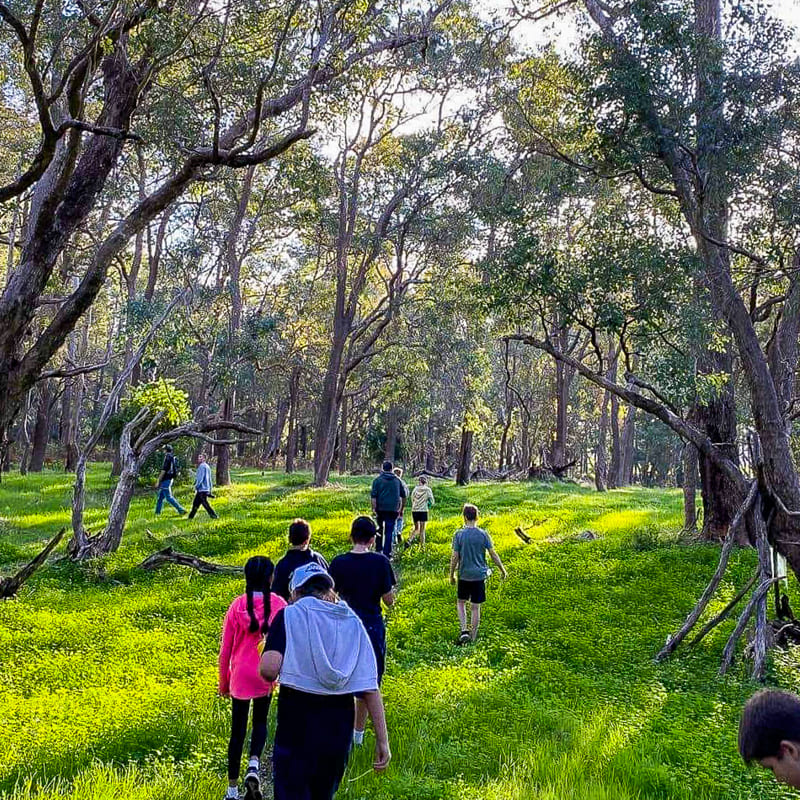
The mention of summer camp games is practically inevitable when kids are involved. But are games really necessary? The answer is a resounding yes. Games at summer camps do more than just keep kids entertained—they foster connection, encourage teamwork, build confidence, and help create lifelong memories.
Building Connections and Friendships
Summer camps bring together kids from different backgrounds who might not know each other beforehand. Icebreaker games and team activities create a relaxed and friendly environment that helps campers form connections quickly.
For example, team-based challenges encourage campers to rely on one another, setting the stage for trust and camaraderie. It’s these moments of teamwork—whether it’s a scavenger hunt or a relay race—that often lead to the strongest friendships.
Without games, campers might struggle to connect in meaningful ways. Structured play breaks down social barriers and ensures no one feels left out.

Encouraging Teamwork and Collaboration
Games at summer camps are often designed to teach collaboration. Activities like tug-of-war, obstacle courses, or team-building challenges require campers to work together towards a common goal.
These experiences teach valuable lessons about cooperation and compromise. Campers learn how to communicate effectively, listen to each other’s ideas, and strategise as a group. This not only builds teamwork skills but also helps campers feel a sense of belonging.
For staff, games provide a way to observe how groups interact and where they might need extra support or encouragement. It’s a win-win for everyone involved.
Boosting Confidence
Summer camp games provide a safe space for kids to step out of their comfort zones. Whether it’s leading a team activity or taking a chance on a new game, these experiences can boost confidence in ways that last long after camp ends.
Physical games, like climbing or archery, challenge kids to overcome fears and try something new. Meanwhile, creative games, like role-playing or talent shows, allow quieter campers to shine in their own unique way.
When kids see what they’re capable of achieving, it builds self-esteem. They carry that sense of accomplishment into other areas of their lives, both at camp and beyond.
A Healthy Dose of Physical Activity
Let’s face it—kids these days often spend too much time indoors, glued to screens. Summer camps offer a much-needed opportunity for physical activity, and games are a natural way to get kids moving.
Games like capture the flag, dodgeball, or even a simple round of tag encourage kids to stay active while having fun. Not only do these activities improve physical fitness, but they also release endorphins, which make kids feel happier and more energised.
Campers who participate in active games are more likely to feel refreshed and engaged throughout the day, keeping the camp spirit alive.
Nurturing Creativity and Problem-Solving
Some of the best camp games involve an element of creativity or problem-solving. Activities like treasure hunts, escape room-style challenges, or crafting competitions spark imagination and encourage kids to think outside the box.
These games help kids develop critical thinking skills in a way that doesn’t feel like traditional learning. By presenting campers with challenges that require creative solutions, camps prepare them for real-world problem-solving in an enjoyable, low-pressure setting.
Creating Memorable Experiences
Ask anyone about their favourite summer camp memories, and chances are they’ll mention a game or activity that stood out. Whether it’s a late-night trivia contest, a competitive water balloon fight, or an elaborate obstacle course, games create moments that stick with campers for years.
Games also help establish camp traditions. For example, Camp Fairbridge is known for its signature activities, like group relays and creative outdoor challenges. These traditions give campers something to look forward to year after year.
The memories made through these activities are a big part of why families continue to choose summer camps like Camp Fairbridge.
Reinforcing Life Skills
Camp games aren’t just about fun—they’re also an opportunity to learn life skills in a hands-on way. Activities like leadership challenges or group problem-solving tasks teach kids how to take initiative, work well under pressure, and resolve conflicts constructively.
These lessons are often subtle but incredibly impactful. Kids might not realise they’re developing important skills while they’re immersed in a game, but the benefits become clear as they apply what they’ve learned in other areas of life.
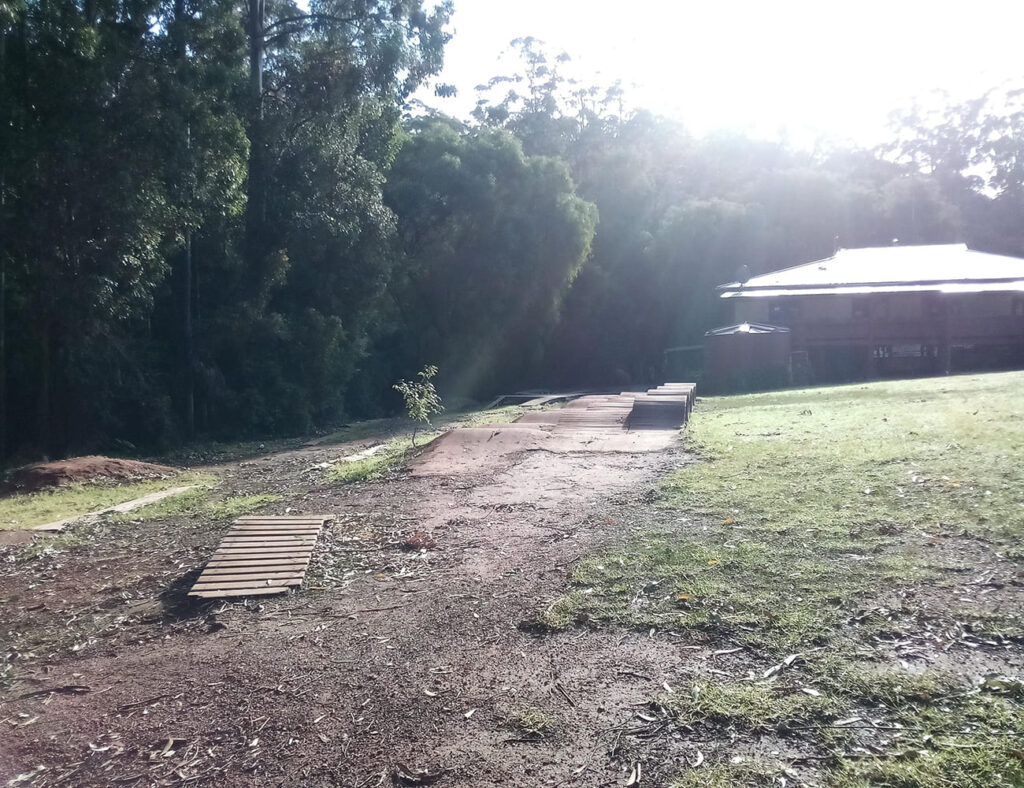
Fostering a Sense of Belonging
Finally, games play a huge role in creating a sense of community at summer camps. When campers participate in group activities, they feel like part of a team.
This sense of belonging is what makes summer camps such a transformative experience for many kids. It’s not just about the games themselves but the shared laughter, teamwork, and triumphs that come with them.
Conclusion: Yes, Summer Camps Need Games
So, do summer camps need games? Absolutely. They’re a vital part of what makes the camp experience so special. From building friendships to teaching life skills and creating lasting memories, games offer countless benefits for campers of all ages.

